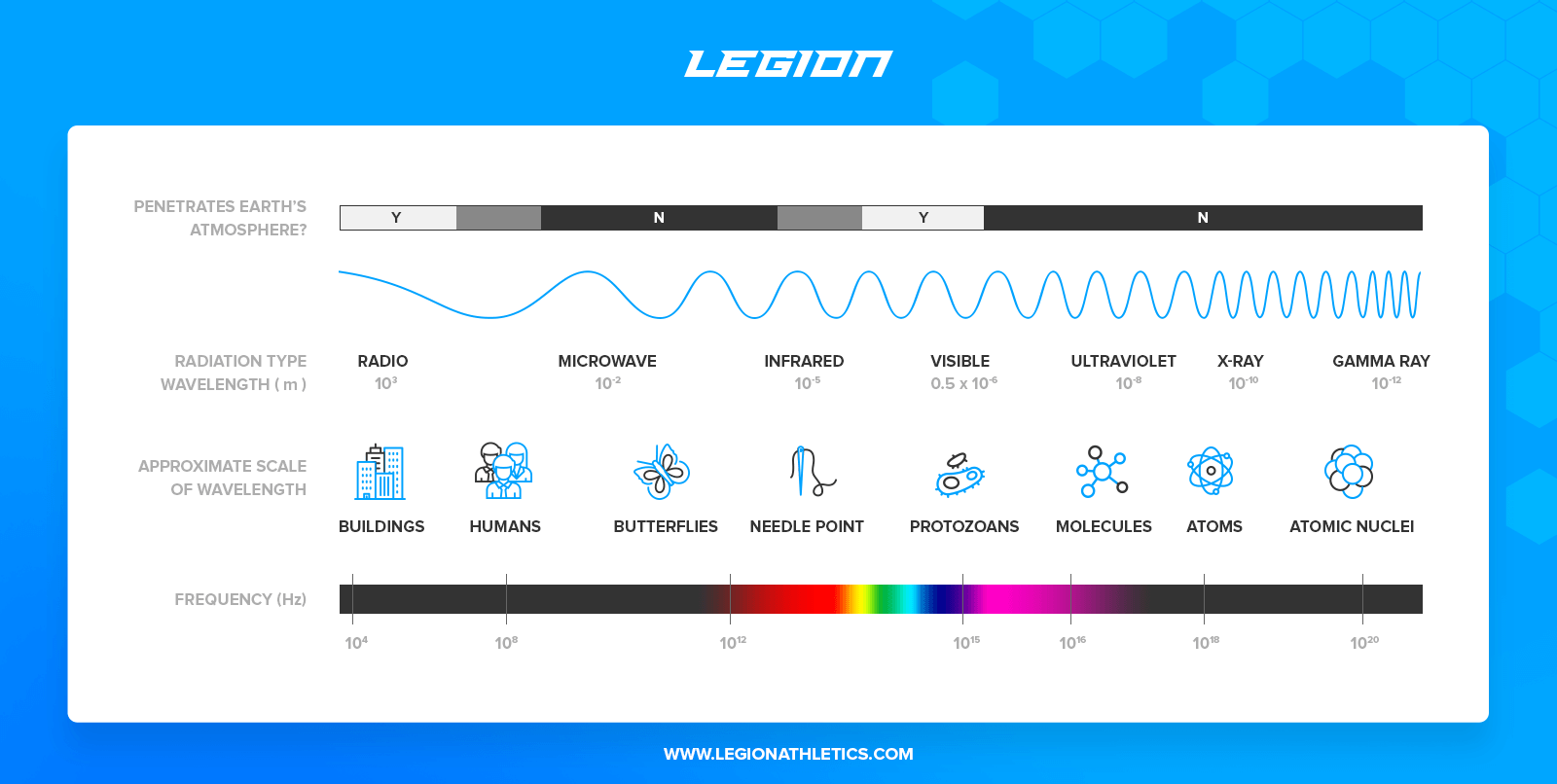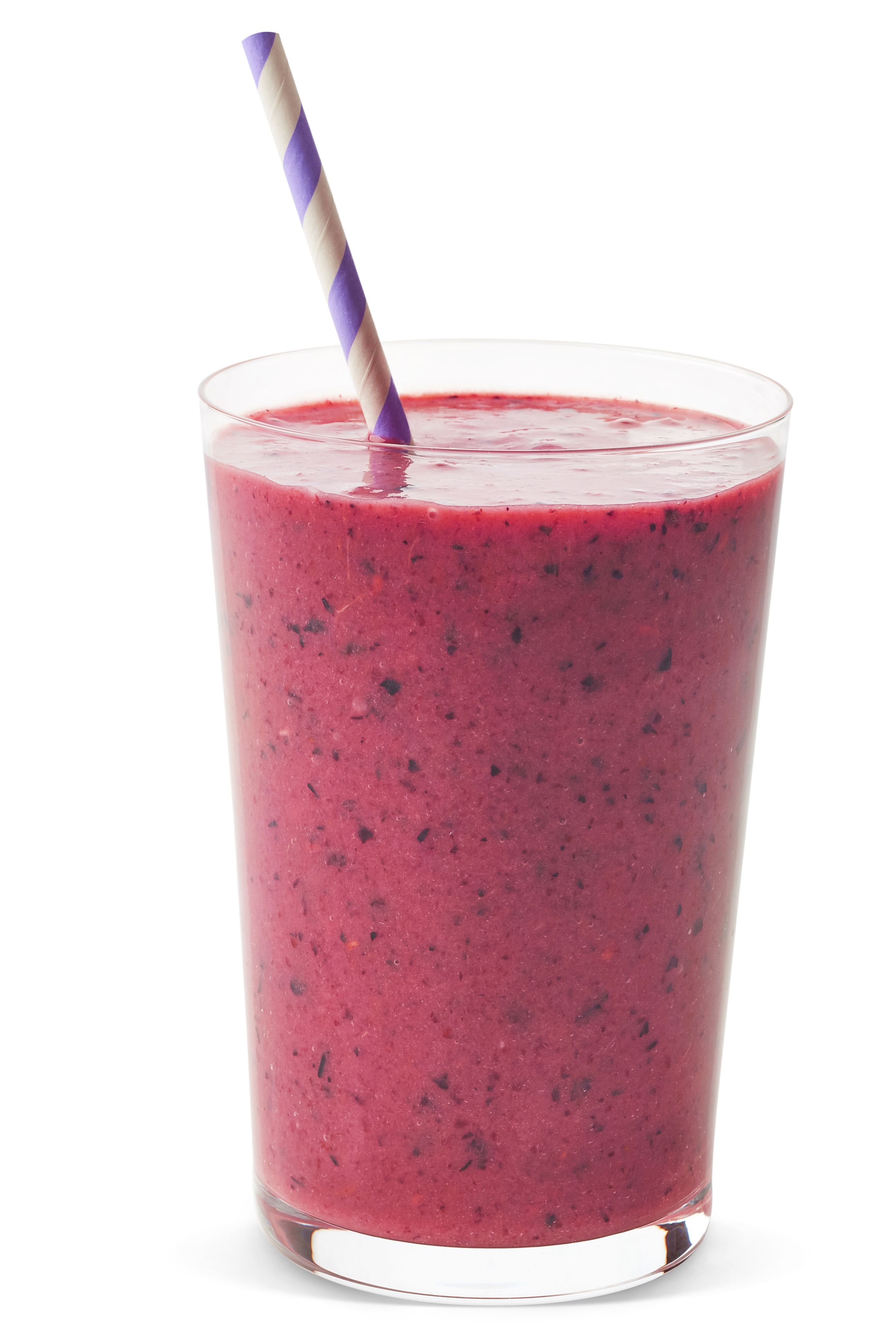
If you are 60 years old or older, you might be curious about the best diet for you. You can find tips about eating healthy and staying fit in many books and articles, but what diet is right for you? There are many diets available, and we will discuss which one may be best for you. There are three main types of diets: the Mediterranean diet (DASH diet), and Atkins diet.
Atkins diet
If you're looking to lose weight, you may be interested in the Atkins diet for women over 60. This diet is based upon ketosis, which refers to a metabolic condition where fat is broken down for energy. Atkins may not work for you if you are vegetarian or vegan. If you want to lose weight, substitute animal proteins with plant protein. You can eat nuts or other soy-based items, and you can use coconut oil to get your fat source. If you're lactosovo, high-fat dairy products like milk and cheese are also available to you.

Mediterranean diet
For women over 60, the Mediterranean diet includes a variety of healthy foods such as nuts, fruits, vegetables, whole grains, and fish. The Mediterranean diet encourages small amounts of red wine, and the use of herbs. Americans don't get enough fish. There are many canned, frozen, and cured options. Go for small, healthy fish and avoid large, heavy-fat fish. Sardines and other fatty species should be preferred.
Flexitarian diet
Many people believe that a flexible diet for women older than 60 will reduce the risk and severity of heart disease and diabetes. It is not completely true. Studies have shown that eating more vegetables may lower your risk for both hypertension and heart disease. While the benefits of eating a vegetarian diet are well-known, studies on the flexitarian diet have been limited. Harvard's T.H. The 2016 study from Harvard's Chan School of Public Health showed that vegetarian diets can reduce your risk of developing heart disease or stroke.
DASH diet
A DASH diet for women over 60 consists of a low-sodium, low-fat, plant-based diet that does not call for a lot of meat. It is important to eat meat but eating too much can lead to serious health issues. If you want to eat a lot of meat without adding weight, lean meat is an option. It's rich in B vitamins as well as protein. Additionally, it has omega-3 essential fatty acids which lower bad cholesterol.

MIND diet
MIND diet is for women over 60. It's a great way of improving cognitive function and maintaining memory. It includes foods high in antioxidants and fibre. It discourages refined grains. These are foods that have been milled to reduce nutrients and extend shelf-life. Red wine is an exception, but it should not be drunk in excess. The wine has polyphenols which reduce the risk of Alzheimer’s disease.
FAQ
What is the best time to do Intermittent fasting in order to lose weight
The answer isn't as easy as it seems. It is important to take into account a number of factors when deciding the optimal days for fat loss. These factors include:
-
Your age. You may find intermittent fasting too difficult if you're younger (under 40) because you have less time between fasts. On the other hand, if you're older (over 60), you may find that you don't have enough energy to sustain an extended period of daily fasting.
-
Your current body composition. A longer period of fasting is more beneficial for those with a lot of muscle mass. For those with less muscle mass, however, you may be able to benefit from shorter fasting times.
-
How physically active. You may need to increase your fasting time if you exercise often. This will ensure you get enough rest between workouts.
-
Your health history. Patients with certain medical conditions, such as heart disease, diabetes, or cancer, may need additional fasting monitoring.
-
How can you manage stress? Stress can cause us to eat more. To avoid this, you might want to increase the lengths of your fasting window.
-
Which type of diet you choose. Certain diets, like ketogenic diets, may require even longer fasting periods.
-
The quality of sleep you receive. Also, a lack of sleep has been linked with increased appetites and decreased metabolism. It could take some experimentation to discover the best method for you.
-
Your daily intake of protein. Consuming more protein helps to stabilize blood sugar levels. This could lead to lower insulin levels. This would allow you to fast for longer periods of time.
-
It doesn't matter if you want to gain or lose fat, those who are trying for weight gain will often require longer fasting periods.
-
How many calories do you consume in your fasting windows? Fasting for fewer calories per days may lead to greater fat loss than fasting with more calories.
-
Your overall fitness. The metabolic rate of fast people who are fit is higher, which means they burn more calories each day.
-
Your gender. Men typically have larger appetites than women, so they may need to fast for slightly longer periods of time. Women have smaller appetites than men, so they may need to fast just 20-30 minutes each day.
-
Your lifestyle. Do you get enough physical activity? Do you do a lot of exercise each week? Does your job involve sitting at a desk all day long? These things could impact the speed at which you should go.
-
How much money are you willing to spend on food? Healthy eating doesn't mean you have to spend a lot on groceries. Whole grains can be replaced by white bread, fruits can replace candy bars, and lean cuts of meat can be used to save money.
-
How important it is for you to control your hunger. Fasting may not be necessary if you don't want skip meals.
What can I have in the morning when I'm intermittently fasting?
It is a good idea to drink water early in the day. This helps you feel fuller quicker and gives you energy for the rest of your day. If you want to add flavor, try adding lemon juice or cucumber slices.
What Amount of Weight Can You Lose In A Week?
Your body fat percentage determines how much weight you are able to lose. It is important to first calculate how much weight you wish to lose. Then, determine your BMI. Your BMI indicates how much weight we should lose to achieve our goal. If your BMI is 25 or greater, you're overweight. If your BMI falls below 30 you are considered obese.
For example, if you weigh 200 pounds, your BMI would be calculated at 28.7. To reach a healthy weight, you would need to lose 70 pounds. To see if you're overweight, visit www.healthyminds.com/bmi/.
Once you know your BMI, this formula will allow you to determine how many pounds per week you'll be able to lose.
(Your Goal Weight - Current Weight)/BMI * 7 Number Of Pounds Lost Per Week
You would need to do 2 weeks of exercise to lose 50 lbs in one month. This is equal to 56 days. Divide that by 7 pounds per week. This works out at 8.3 pounds per week.
You could also try this calculator from www.weightlosscalculator.net. This calculator gives you an estimate of how many calories are needed to lose 1 pound per day.
How to Create an Exercise Routine?
The first step is to create a routine for yourself. You must know what you will do each and every day, as well as how long it will take. This helps to plan ahead and avoid procrastination.
You should also ensure you have plenty to choose from when working out. You don't want your exercise to be monotonous.
You also need to keep track of your progress. It's important to see how much weight you have lost or gained over time.
You can lose weight quickly if you do not gain weight. You may find it difficult to stay motivated if your weight increases.
So, try to find a balance between gaining weight and losing weight. You'll find it harder to exercise if you don't like where you are at the moment.
What is the best way to exercise when you are busy?
You can stay fit by exercising at home. It is not necessary to go to the gym or join any fitness club. It is possible to perform basic exercises at home with minimal equipment.
You will need a pair, mat, chair, timer, and some dumbbells.
Your most important goal is to keep up your fitness routine. It is possible to lose your motivation if you miss a few days.
Three times per week is a good way to begin. This could include squats, lunges, push-ups, pull-ups, dips, curls, etc.
Once you have mastered the basic movements, it is possible to move on to other types such as running and jumping rope, skipping or yoga, Pilates, dance, swimming, weight lifting, tennis, golf, playing basketball, soccer, volleyball, badminton or squash.
You should choose an exercise program that suits your life. For example, if you are working long hours, then you might want to avoid exercises that require too much energy.
If you're a night owl then it is better to exercise in the evening than in the morning.
Listen to your body. Stop when you feel tired.
Statistics
- One 6-month study showed that simply doing 11 minutes of strength-based exercises 3 times per week resulted in a 7.4% increase in metabolic rate, on average. (healthline.com)
- Another study found that 24 weeks of weight training led to a 9% increase in metabolic rate among men, which equated to burning approximately 140 more calories per day. (healthline.com)
- One study in 9 active men found that HIIT burned 25–30% more calories per minute than other types of exercises, including weight training, cycling, and running on a treadmill (18Trusted Source (healthline.com)
- According to a study sponsored by the American Council on Exercise, a person weighing around 140 pounds (64 kg) would burn 108 calories at a 30-minute beginner's Pilates class or 168 calories at an advanced class of the same duration (26). (healthline.com)
External Links
How To
How to lose weight quickly
There are many fast ways to lose weight. However, most people find them to be ineffective and unsustainable. You can lose weight fast by exercising and dieting. Your daily calories should be less than your daily intake. This means eating fewer calories than what your body burns during normal activities. Reduce your calorie intake to quickly lose weight.
You should avoid foods that contain large amounts of fat and sugar since they increase your appetite. Drink plenty of water each day. It helps keep you hydrated and keeps your metabolism running at its peak. Combining these three elements together will give you results faster than you thought possible.